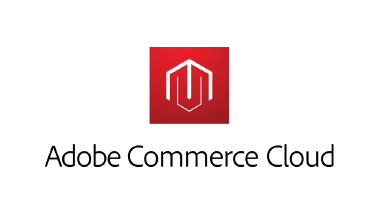
Need help with setting up your integrations?
Get in touch with one of our global partners for local assistance


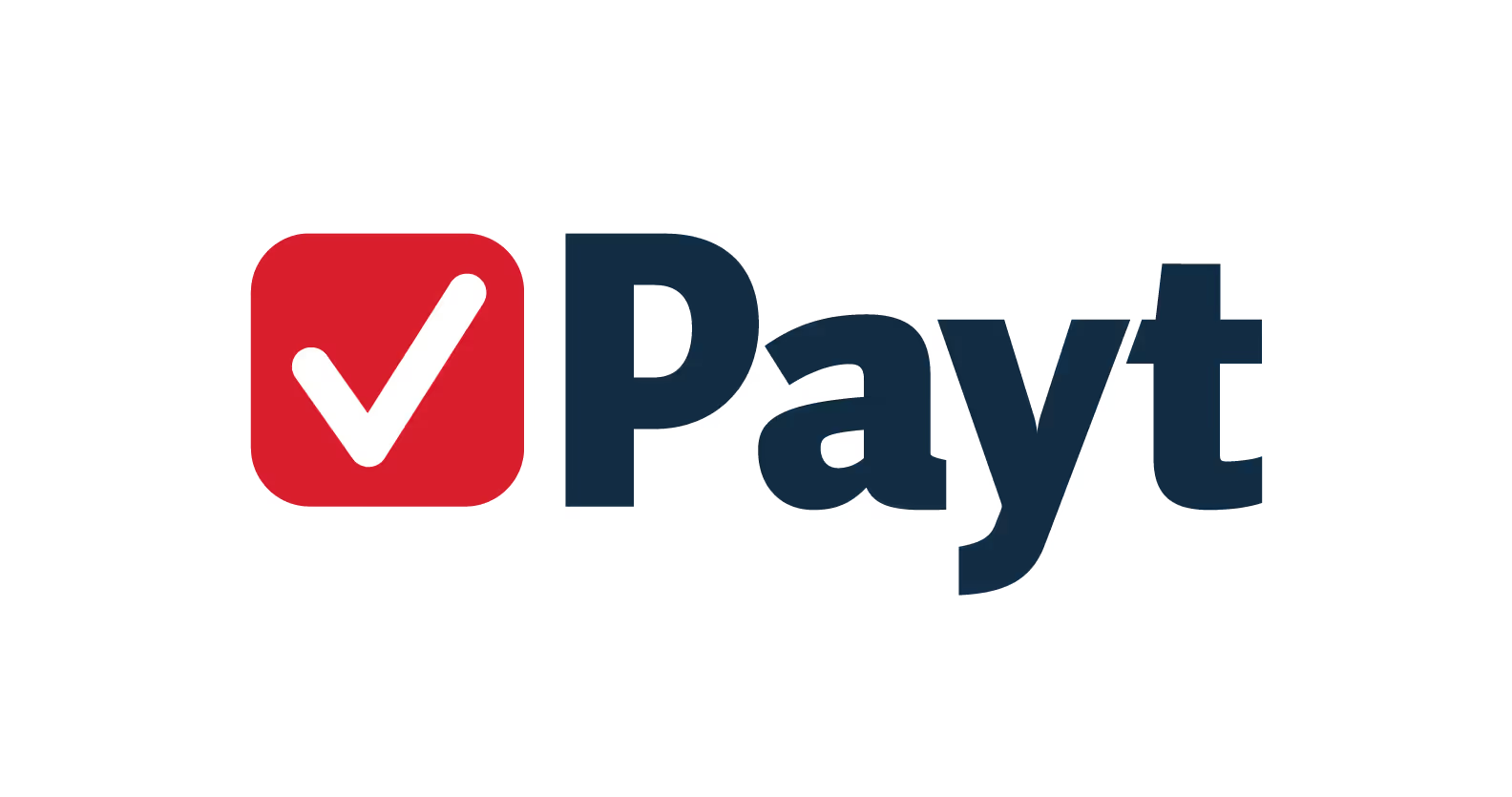

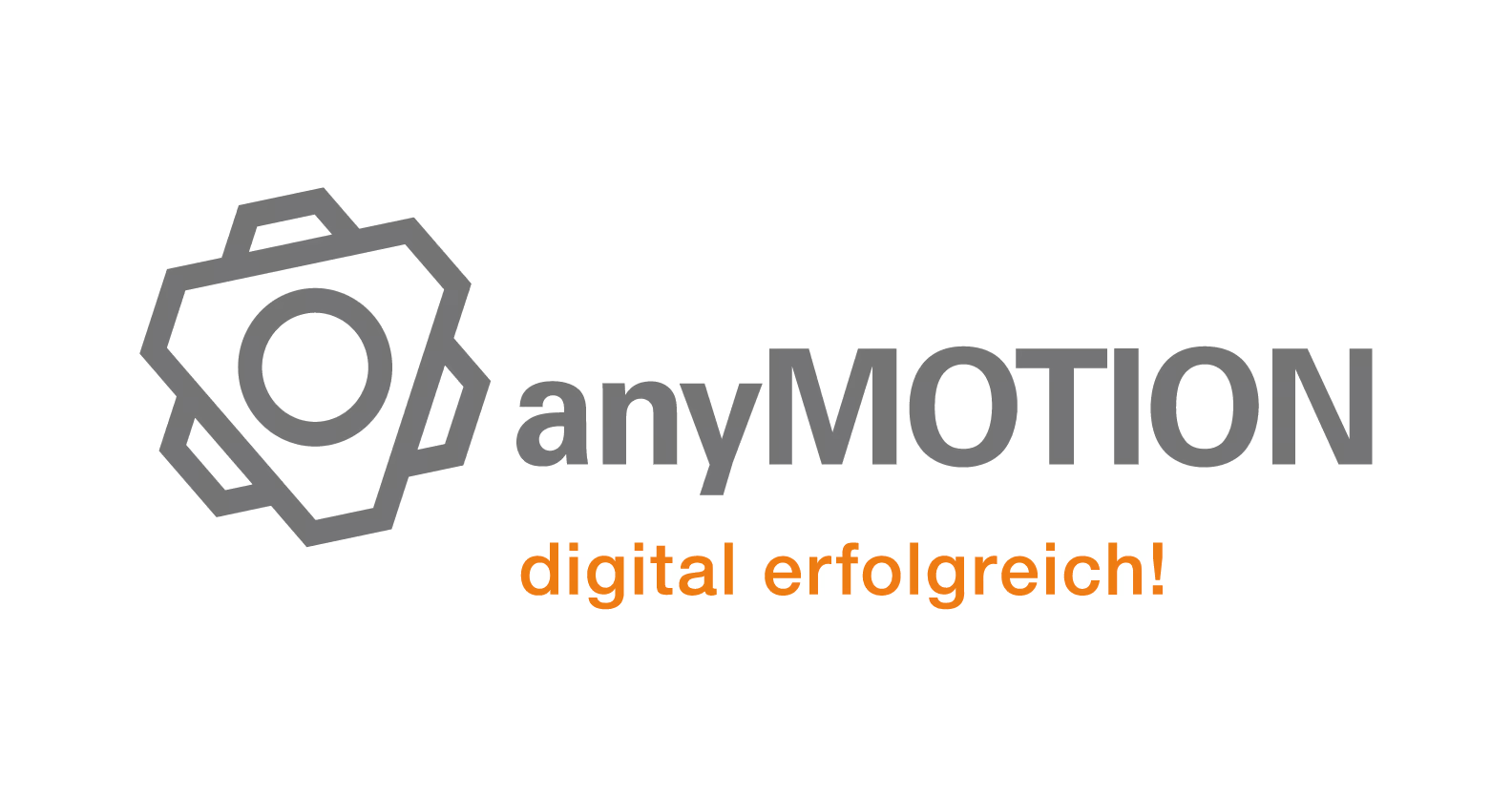

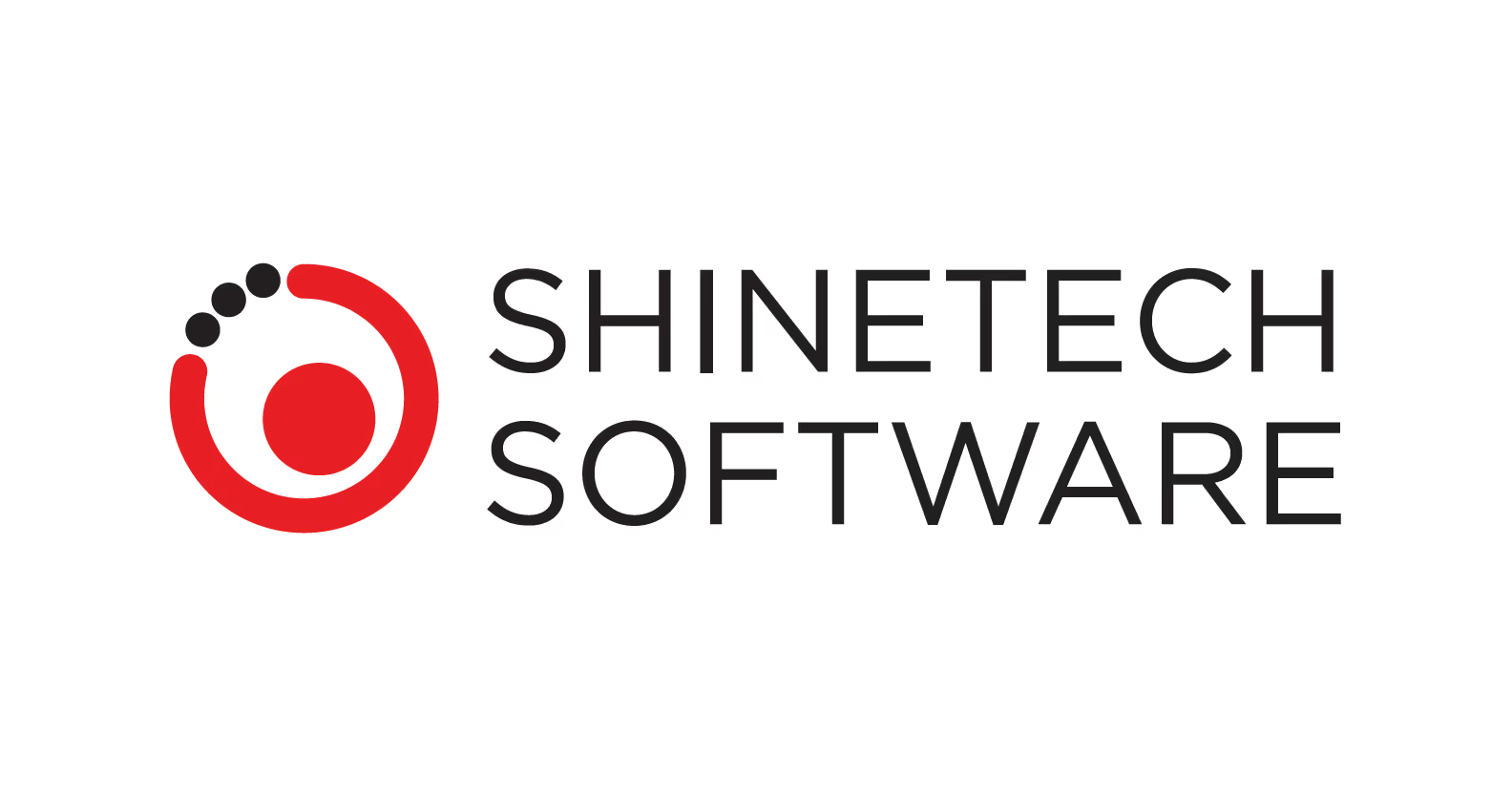

































.avif)





























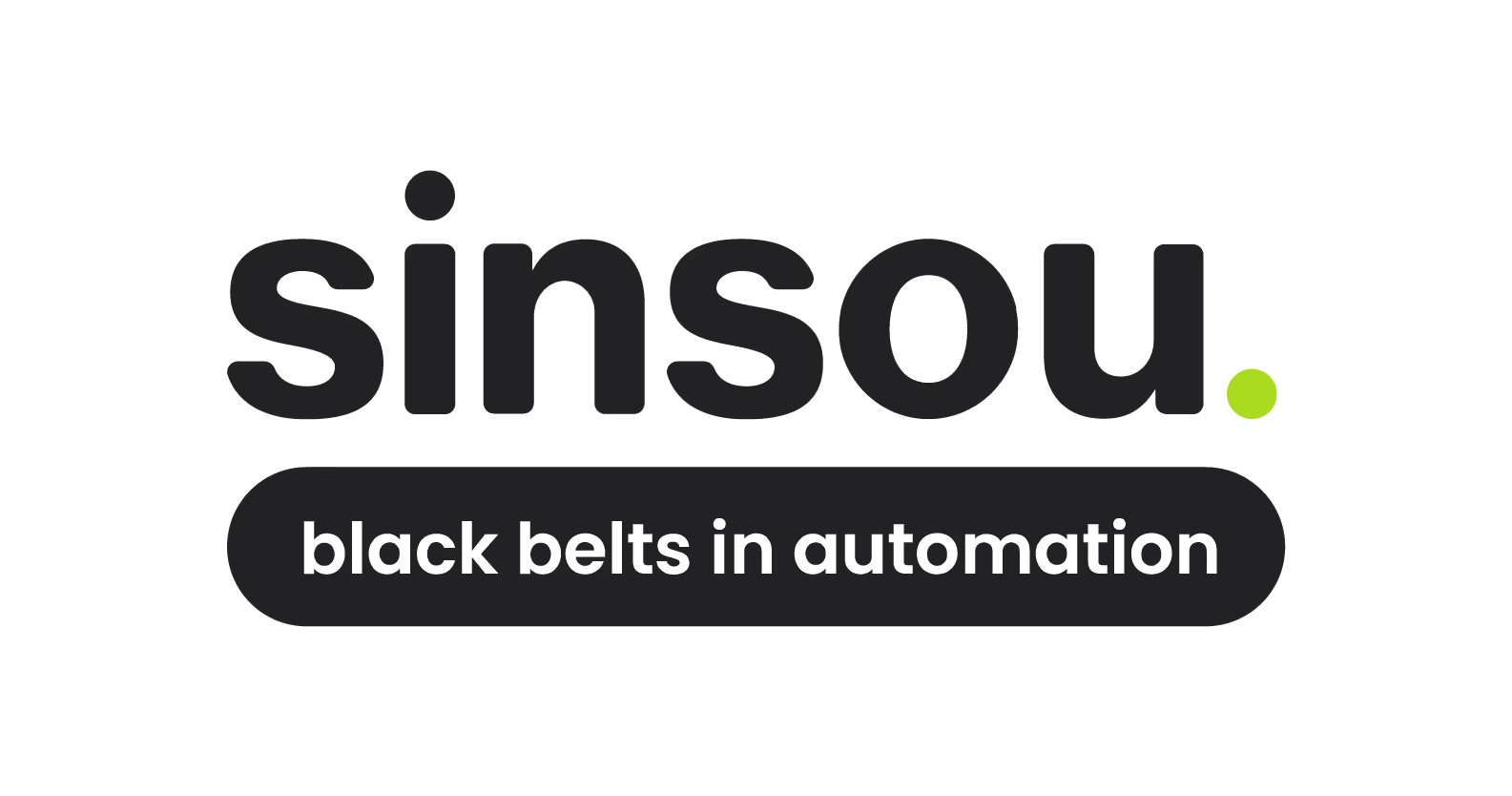





























Close

Download the brochure
Get a detailed guide about Alumio's API solution and how it helps improve your ERP for digital growth.
without the hassles of custom code!
No items found.
Key reasons for using the API Plugin
Key reasons for using the API Plugin
Ready to install
Invest in automation
Industry best practise
How it works
Detect lacking
web services
Install Alumio's
API solution
Configure installed
web services
Integrate in a
future-proof way
35%
IT cost reduction
<10
Days installation
6x
time to market
3x
Faster ROI
Need help with setting up your integrations?
Get in touch with one of our global partners for local assistance!





Reinvent how you use your ERP, without reinventing the wheel














